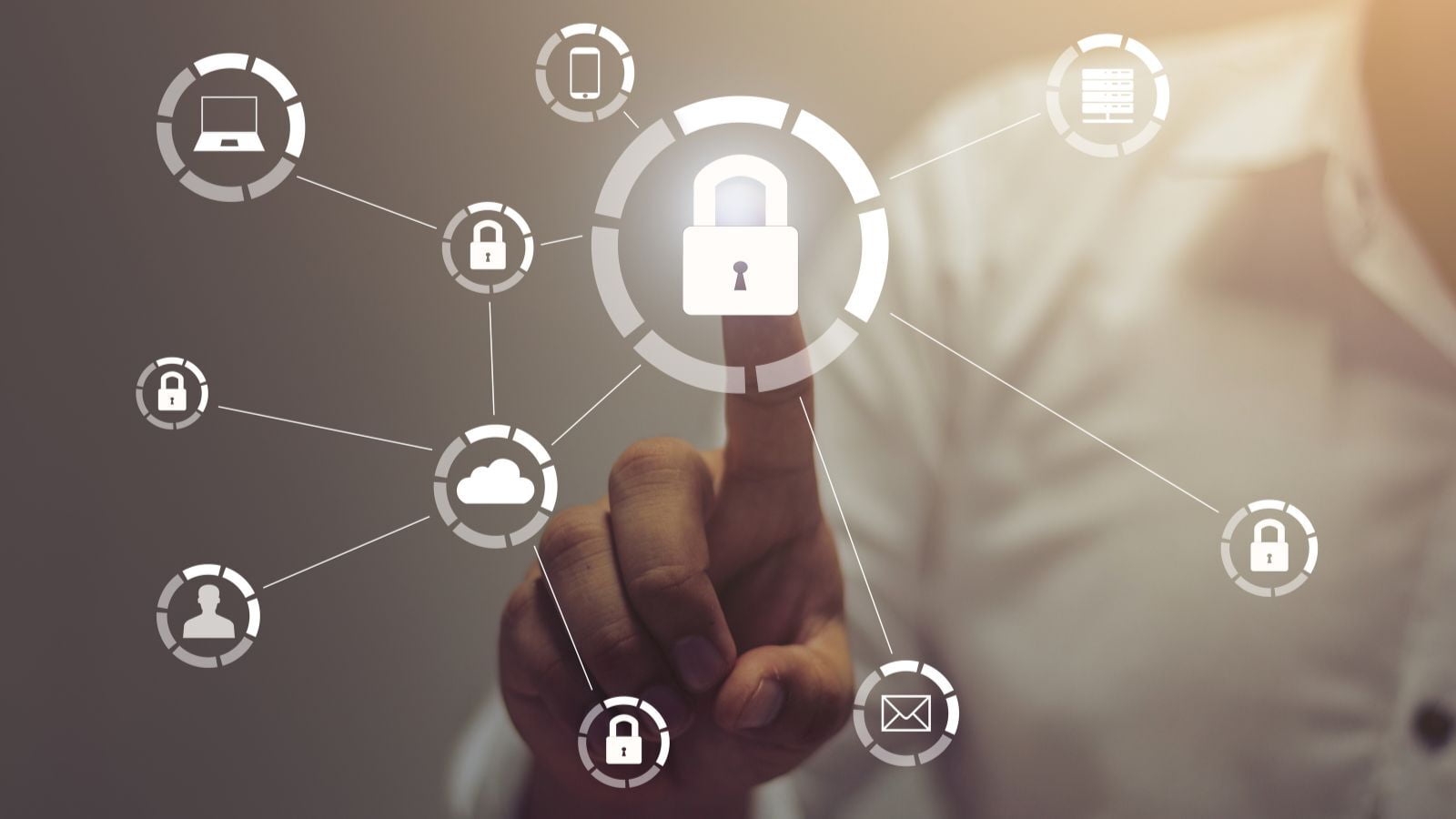Essential Strategies for Safeguarding Your Digital Identity and Privacy

In today's interconnected world, cybersecurityhas never been more crucial. With cyber threats looming at every corner of the internet, it's imperative to adopt proactive measures to protect yourself and your sensitive information. Here are ten actionable cybersecurity tips to fortify your defenses and navigate the digital landscape safely.
1. Manage Passwords Securely:
- Create unique and complex passwords for each of your accounts.
- Avoid reusing passwords across multiple platforms.
- Consider using a reputable password manager to securely store and manage your login credentials.
2. Utilize a Password Manager:
- Invest in a reliable password manager to generate and store strong, encrypted passwords.
- Leverage the convenience of automatic login features without compromising security.
- Explore popular password manager options like LastPass, KeePass, Dashlane, or 1Password to streamline password management.
3. Install Antivirus Software:
- Safeguard your devices against malware, viruses, and other digital threats with robust antivirus software.
- Ensure your antivirus program is active, regularly updated, and configured to perform scheduled scans for maximum protection.
4. Implement Multi-Factor Authentication (MFA):
- Enhance your account security with multi-factor authentication, requiring additional verification steps beyond passwords.
- Opt for MFA whenever available to add an extra layer of defense against unauthorized access.
5. Keep Operating Systems Updated:
- Stay vigilant against security vulnerabilities by installing software updates and patches promptly.
- Enable automatic updates to ensure your operating system and applications are always equipped with the latest security features.
6. Exercise Caution with Online Payments:
- Avoid using debit cards for online transactions, opting for credit cards or secure payment methods like PayPal instead.
- Prioritize payment methods with built-in fraud protection and dispute resolution mechanisms to mitigate financial risks.
7. Exercise Caution with Downloads:
- Exercise discretion when downloading files or software from the internet, avoiding suspicious sources and unnecessary downloads.
- Perform custom installations and carefully review permissions to prevent unintended installations of malware or adware.
8. Utilize a Virtual Private Network (VPN):
- Protect your online privacy and data security by using a VPN to encrypt your internet connection and conceal your browsing activity.
- Choose a reputable VPN service to ensure secure and anonymous web browsing across all devices.
9. Practice Social Media Vigilance:
- Be mindful of the information you share on social media platforms, limiting the visibility of personal details and sensitive data.
- Regularly review and adjust your privacy settings to control who can access your profile and information.
10. Exercise Healthy Paranoia:
- Stay vigilant and skeptical of unsolicited emails, links, and requests for personal information.
- Trust your instincts and err on the side of caution when encountering suspicious online activities or communications.
Empower Yourself with Cybersecurity Awareness
By implementing these cybersecurity tips and best practices, you can bolster your defenses and navigate the digital landscape with confidence. Remember, cybersecurity is a shared responsibility, and proactive measures are key to safeguarding your digital identity and privacy. Take charge of your online security today and empower yourself with the knowledge and tools to stay safe in the digital era.

